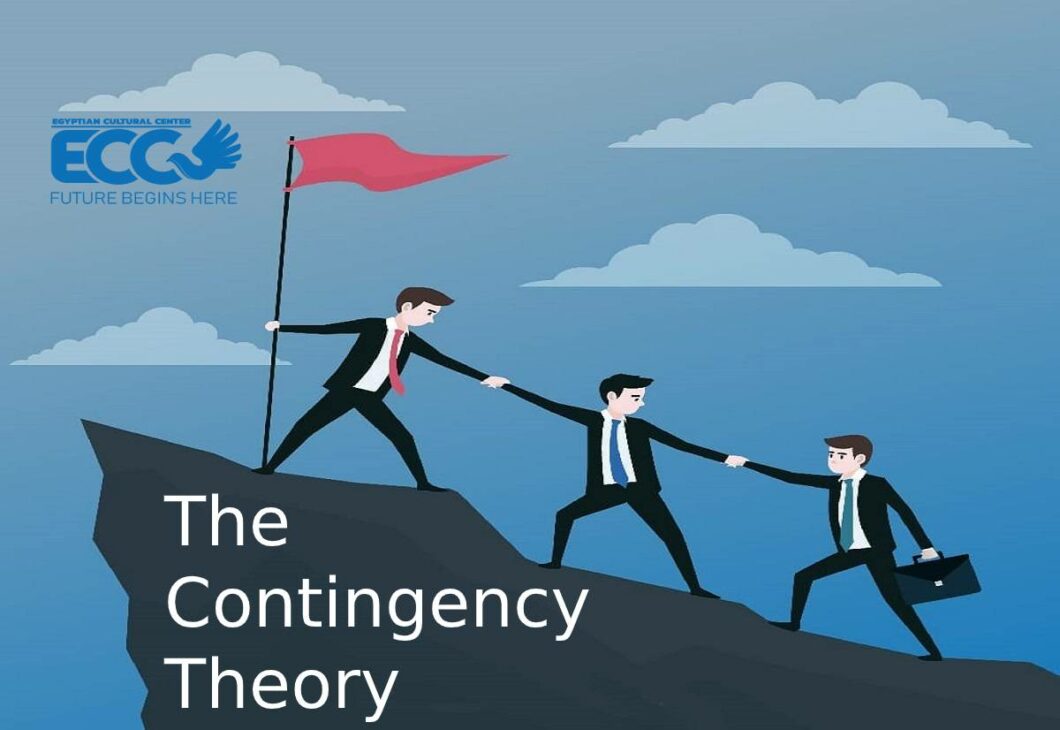In contrast to the great man, traits theories no one born as a leader and there are no general traits that can be generalized to all leaders in anywhere, anytime, instead of that there a leader’s effectiveness is contingent upon with how his or her leadership style matches to the situation (Leadership Theories, n.d). That is, the leader must find out what kind of leadership style and the situation he or she thrives in.
We can think in a great Legend like the Egyptian king “Ramses” then ask a question, would he succeed if he was an IT manager in 21cenery? No one could answer this question with accurately by 100% that is may yes or maybe no
We can ask another question, would Ramses succeed if he was the president of Egypt in 2019? of course, it is possible but it’s not too. This depends on how well Ramses adapted to the situation
Some of the major contingency theories are:
Strategic Contingency Theory.
Fielders’ Contingency Theory.
Hersey & Blanchard’s situational theory.
Vroom and Yetton’s decision participation contingency theory.
Strategic Contingency Theory.
Strategic Contingencies Theory was written by a British organizational theorist David J. Hickson in 1971 the theory is simple and uses only the variables affecting power in contingency control by an organizational subunit. The theory focuses on tasks that need to be done in the form of problems to be solved, If a person does not have charisma but is able to solve the problem, then she or she can be an effective leader.
Uncertainty is a driving force in Hickson’s writing. It is defined as “…lack of information about future events so that alternatives and their outcomes are unpredictable” (Hickson n.d., 5) Power comes from the ability to cope with uncertainty. Such ability reduces the uncertainty and persons and organizational units become dependent upon it for survival.
Fielders’ Contingency Theory.
it was written by the researcher in industrial and organizational psychology Fred Fiedler in 1958 in his work Leader Attitudes and Group Effectiveness.
it states that effective leadership depends not only on the style of leading but on the control over a situation. There need to be good leader-member relations, task with clear goals and procedures, and the ability for the leader to mete out rewards and punishments.
Fiedler created the least preferred co-worker (LPC) scale, where a leader is asked what traits can be ascribed to the co-worker that the leader likes the least.
The LPC is a list of questions designed to find out what kind of employee a leader would most like to work with
| Uncooperative | 1 | 2 | 3 | 4 | 5 | 6 | 7 | 8 | Cooperative |
| Unfriendly | 1 | 2 | 3 | 4 | 5 | 6 | 7 | 8 | Friendly |
| Hostile | 1 | 2 | 3 | 4 | 5 | 6 | 7 | 8 | Supportive |
| Guarded | 1 | 2 | 3 | 4 | 5 | 6 | 7 | 8 | Open |
| …….. | 1 | 2 | 3 | 4 | 5 | 6 | 7 | 8 | …….. |
High LPC Score– a leader with good personal skills and relies on relationships with others to accomplish tasks (Fiedler’s n.d.) people-oriented
Low LPC Score– a leader that accomplishes goals through a focus on the task and positional power (Fiedler’s n.d.) task-oriented


